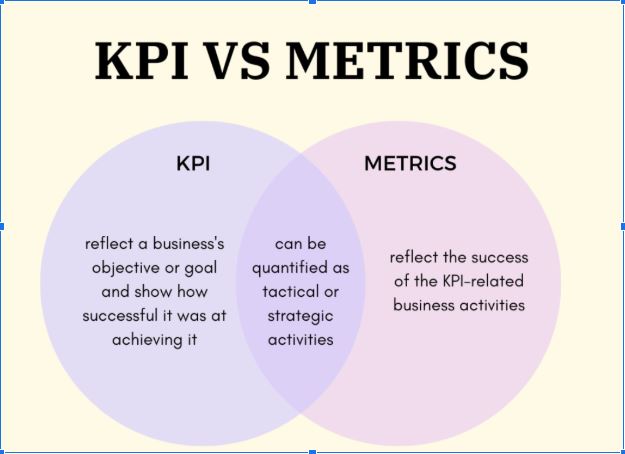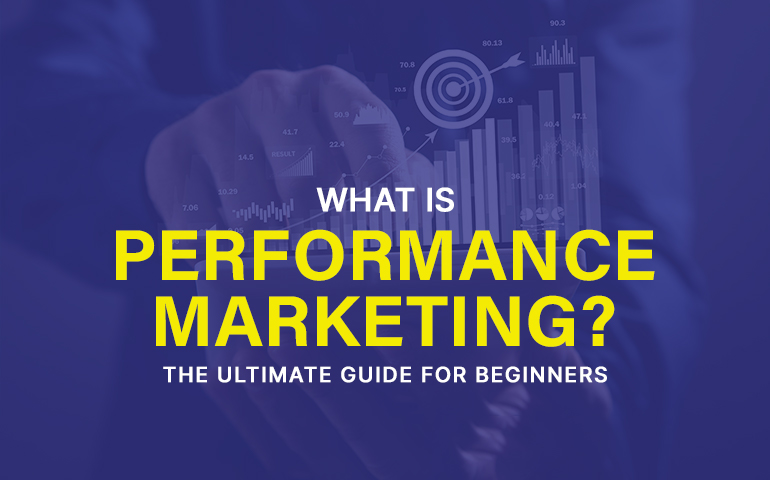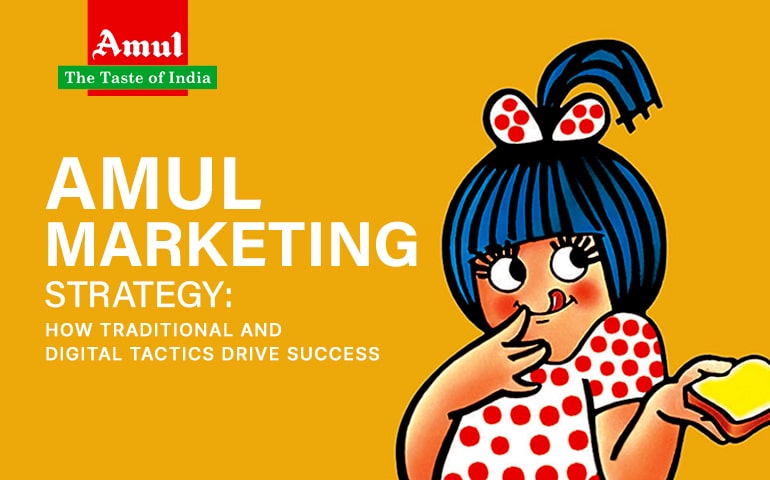Performance marketing meaning is that it is a technique where businesses only pay for measurable results whenever they get positive results. These results could be clicks, leads, or completed sales. Performance advertising, on the other hand, unlike traditional performance ads (which charge based on impressions or general reach) focuses on accountability and results.
The competition becomes more fierce as businesses especially e commerce businesses are working tirelessly to survive in a digital world. To keep their competitive edge, they need marketing strategies that ensure their return on investment (ROI). Where performance marketing strategy shines, it is because it is outcome driven and measurable.
Why is Performance Marketing Crucial for Modern Businesses?
The evolution of performance marketing services has been a boon for enterprises. By tracking every click, lead, or sale, companies know more about what works and what does not, and they can allocate their resources accordingly.
This strategy is paramount for e commerce brands. It allows them to
- Layouts of your focus to similarly cool ad spending.
- From this, scale your campaigns effectively by identifying high performing channels.
- Refine your offering and build a team of affiliates who are rewarded for driving measurable actions.
Benefits for Merchants and Affiliates
For Merchants
Performance marketing lowers risk because it works on a cost per action basis. Merchants only pay for effective actions that help them reach their business goals so every dollar works for them.
For Affiliates
Affiliates or publishers earn commissions for their performance, which promotes the production of high intensity campaigns with high quality traffic.
What is Performance Marketing?
Definition and Explanation
The performance marketing services evolution is a win win for enterprises. Companies track every click, lead or sale so that they know what works and what doesn’t and can funnel their resources properly. At its core, performance marketing revolves around a simple concept, you pay for what you get. It is a model where businesses pay affiliates, influencers, or platforms based on the results they deliver, such as a sale, lead, or click.
Key Components of Performance Marketing
Ultimately performance marketing agency comes back to one simple principle that is you pay for what you get. It is a model where businesses pay affiliates, influencers, or platforms only for results like a sale, lead, or click.
Merchants
The companies or brands that want to advertise products or services.
Affiliates
Persons or businesses publicize merchants products through content, ads, or other creative methods.
Pay for Performance Model
Pay is directly linked to a specific action performed on behalf of the customer to meet certain performance metrics.
Comparison
Traditional Marketing vs. Performance Marketing
Traditional marketing is all about mass reach and brand awareness and as such lacked effective measurement tools. Performance marketing, in contrast, is solely focused on measurable interactions, providing clear evidence of campaign efficacy.
Affiliate Marketing vs. Performance Marketing
Understanding the Difference
Affiliate marketing is a specific kind of performance marketing in which affiliates, individuals, or entities doing the promotion, promote products on behalf of businesses. But performance marketing is much more than this.
Why Affiliate Marketing is a Subset of Performance Marketing
Affiliate marketing specifically centers on partnerships with affiliates, whereas performance marketing involves other tactics as well, such as
Influencer Marketing
Partnering with influencers to promote your brand or product.
Paid Search (SEM)
Utilizing Google Ads or Bing to target traffic.
Native Advertising
Ads are embedded into media platforms to optimize audience engagement.
A comprehensive view of performance marketing can help businesses branch out the ways they can improve their performance.
How Does Performance Marketing Work?

Breakdown of Key Players
Merchants (Retailers or Advertisers)
Businesses or brands that are looking to target a wider audience with their products or services.
Affiliates (Publishers)
Partners for traffic, leads, or sales via blogs, social media, or websites. For every action that they successfully generate, the affiliates will be able to earn a commission.
Affiliate Networks & Tracking Platforms
These are the platforms that connect merchants with affiliates. They also monitor clicks, leads, and sales for transparency and accurate payouts.
Affiliate Managers or OPMs (Outsourced Program Management)
Helps to manage affiliates who are also experts who handle affiliate programs, optimize campaigns, and ensure that affiliates are correctly aligned with the business goals.
How Collaboration Drives Results
These players work together in a streamlined system. For instance, the merchant partners with affiliates, tracks performance through a network or platform, and makes payouts only for results achieved.
The Benefits of Performance Marketing
Brand Awareness
Affiliates market your brand through different channels, bringing it to a wider audience.
Trackable Performance
All your actions, be it a click, a lead, or an actual sale, are tracked in real time, giving you clarity on how your campaign is performing.
Lower Risk & High ROI
Payments are linked to measurable results, allowing businesses to minimize the risk of throwing money down the drain.
Key Metrics and KPIs in Performance Marketing

Pay Per Sale (PPS) or Cost Per Acquisition (CPA)
This typical model, where brands only pay for sales or conversion.
Pay Per Lead (PPL)
Affiliates can earn money from businesses for every significant lead, like form submissions or sign ups, sent their way.
Pay Per Click (PPC)
Affiliates get paid for sending clicks to a merchants website, regardless of whether those clicks lead to a purchase.
Lifetime Value (LTV)
Knowing the value of customers acquired via performance marketing campaigns over the long term is vital for planning ahead.
Types of Performance Marketing

Affiliate Marketing
Partnering with affiliates such as bloggers, influencers, and coupon sites to generate results.
Native Advertising
Ads that blend seamlessly with existing content on a website or platform.
Content
Paid partnerships for blogs, videos, or articles that are in line with editorial content.
Social Media Marketing
Facebook and Instagram are examples of performance oriented campaigns directed toward a targeted audience.
Paid Search Marketing
Bringing high intent users through channels, such as Google Ads.
Search Engine Optimization (SEO)
Using the right content and optimization efforts to create organic traffic.
Performance Marketing Tips for Success
Focus on Landing Pages & Offers
Make it easy for users to take action.
A/B Testing and Optimization
Test various campaign components to identify the best performing combinations.
Choose Quality Traffic Sources
No one wants to work with you, you will not win for low quality affiliates that create havoc for you and your brand.
Monitor Campaign Performance
Track bounce rates, conversions, and other important metrics using analytics.
Compliance and Legal Considerations
Keep abreast of regulations such as GDPR, CCPA, and FTC guidelines to avoid potential penalties.
How to Get Started with Performance Marketing

Define Your Goals
Decide if you want clicks, leads, or sales.
Choose the Right Channels
Decide on the performance marketing strategies that reflect your company goals.
Find & Partner with Affiliates
Consider working with reputable and align with your brand partners.
Set Up Tracking & Analytics
Invest in analytics software to monitor campaign performance and return on investment (ROI) that will tell how to measure roi on content marketing.
Optimize for Continuous Improvement
Adjust your approach continually with insights from your campaigns.
Common Mistakes to Avoid in Performance Marketing
Prioritizing Traffic Over Conversions
Always make sure your campaigns value quality actions.
Bypassing Analytics
Without tracking, success measurement is a dream.
Disregarding Affiliate Quality
Only work with relevant affiliates for brand integrity.
Mobile Optimization
With the world going mobile, campaigns that are not mobile friendly will fail miserably in the digital universe.
Conclusion
Performance marketing is becoming one of the core components of digital marketing strategy. Its emphasis on measurable outcomes and cost effectiveness is perfect for businesses small to large. Performance based models allow brands to gain high ROI, scale, and sustainable success, making it the best digital marketing agency in Surat.
Ready to see results? Schedule a free consultation with Techeasify now!
FAQs About Performance Marketing
- What is the difference between performance marketing and digital marketing?
In the debate about performance marketing vs digital marketing, the former relates to measurable performance outcomes, while the latter refers to a broad term for any digital marketing tactic.
- How much does performance marketing cost?
You need to pay based on the model you select (PPS, PPL, etc.) and the goals set in the campaign.
- Which businesses benefit most from performance marketing?
Ideal candidates for this are e commerce, small businesses, and brands with proven conversion goals.
- How long does it take to see results?
Results differ but are generally seen in a few weeks.
- How can Techeasify help with performance marketing?
If you are looking to get ROI and want to see the real numbers with the monthly report, then check out Techeasify for doing this.
Contact us today to learn more!



